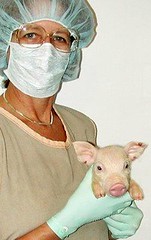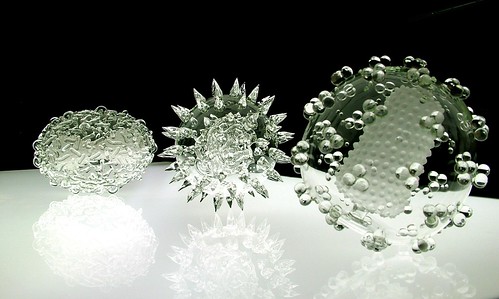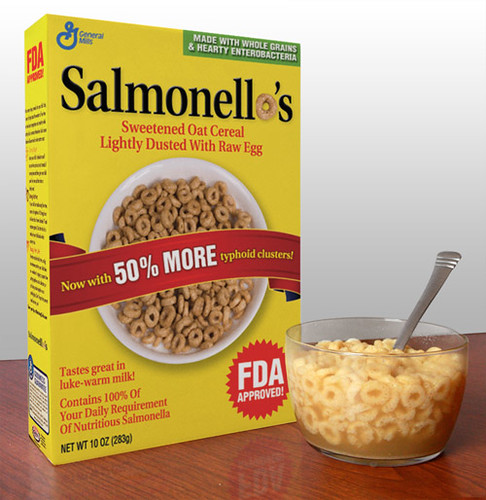I næste nummer af tidskriftet Bibliotek for Læger (200 års jubilæumsnummer) kommer der er interview med mig om lægevidenskab, humanisme og nye menneskesyn. Interviewet er lavet som en let redigeret mailudveksling mellem mig og tidskriftets redaktør, Christian Graugaard. Hele interviewet publiceres under overskriften ‘Næste stop: Blog for Læger’. Her er den første mailudveksling:
—
Kære Thomas,
Vi får ofte at vide, at vi skal værne om lægevidenskabens humanistiske aspekter. Men hvad mener vi egentlig, når vi taler om “humanisme” i forbindelse med det sundhedsfaglige område? Taler vi om en særlig verdensanskuelse, et menneskesyn? Eller skal det forstås mere konkret? Jeg er forvirret.
Christian
—
Hej Christian,
Det er et godt spørgsmål. Forestillingen om en humanistisk medicin må ud fra en historisk betragtning siges at være tautologisk. Humanismen opstod i slutningen af middelalderen og handler grundlæggende om at søge viden om verden på andre måder end ved at henvise til tradition, autoritet, åbenbaring eller mystik. En videnskabelig, rationel, erfaringsbaseret og logisk tilgang til studiet af menneskets krop og sind er derfor humanistisk i ordets klassiske betydning. Man kan altså med vis ret hævde, at al moderne medicin er humanistisk – i modsætning til de såkaldt alternative behandlingsmetoder, som i de fleste tilfælde bygger på tro og på behandlerens autoritet. Så i princippet ville man med fordel kunne droppe tillægsordet ”humanistisk”. Det giver ikke meget mening at tale om de ”humanistiske” aspekter af lægevidenskab, fordi al lægevidenskab i bund og grund er humanistisk. Ud fra samme logik kan man sige, at evidensbaseret medicin er det mest avancerede udtryk for humanistisk medicin.
Thomas
(fortsætning følger)

 Research animals in the history of 20th century biomedicine has received quite a lot of attention in recent years. And what animal is more interesting than the pig! Our colleagues in Health Services Research Unit here in Copenhagen are announcing a three-year position as PhD-student in a new research project, headed by
Research animals in the history of 20th century biomedicine has received quite a lot of attention in recent years. And what animal is more interesting than the pig! Our colleagues in Health Services Research Unit here in Copenhagen are announcing a three-year position as PhD-student in a new research project, headed by 


